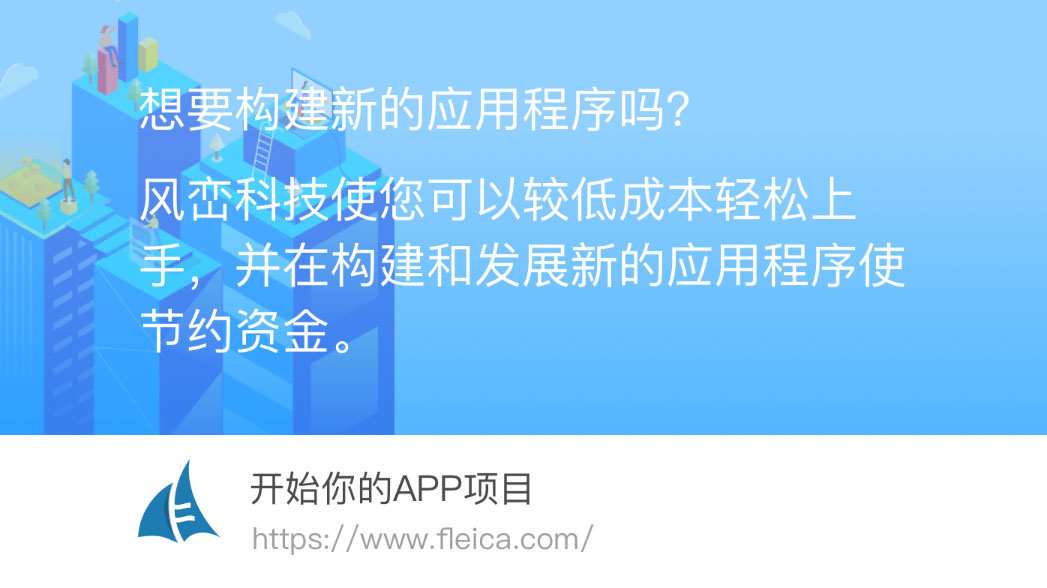China’s New Online Micro-loan Rules
来源/作者:Simin, Yalin, Edrian
2020-11-24 11:13:23
内容取自各资讯媒体,内容并不代表本站立场!
The surprise move of Shanghai Stock Exchange suspending the IPO listing of Ant Group less than 48 hours before its dual listing in Hong Kong and Shanghai, scheduled on November 5, collapsed what could have been the world’s biggest IPO with record-breaking $37 billion.
Warning signs were sent before. One day before the announcement, Jack Ma and Ant’s other executives were summoned to regulatory talks with the People’s Bank of China and three other top financial regulators.
At the same day, the PBoC and China Banking and Insurance Regulatory Commission jointly announced a draft rules for micro-lending units, tightening the regulations by requiring at least 30 percent of loan capital in co-lending deals with banks. The news rules also slash the size of individual loans and restrict cross-provincial lending.
The new regulatory rules seemed perfectly tailored to undermine Ant. According to the company’s prospectus, it puts up only 2 per cent for loans it originates on its balance- sheet, while the remaining 98 per cent is underwritten by partner banks or from securitization. The rules would cost Ant “fail to meet the listing conditions” in a “changing regulatory environment in China”, as stated by Shanghai Stock Exchange.
The last-minute suspension shows that Chinese regulators are rushing to keep up with the booming online micro-lending market, analysts say. Their top concern is control of financial risks and economic stability.
As the only economy to show positive growth, China is adapting to an uncertain external environment as the global economy is battered by the Covid-19 pandemic and tensions with the US have reached the most acute levels.
The new 14th Five-Year Plan passed at the end of October, instead of setting a specific GDP target, calls for a balance between development and financial security. It also signalled that China is prepared for a “higher-level opening” and allowing greater foreign access, which makes maintaining financial stability even more important.
Chinese regulators have been flagging risks about banks tying up with technology platforms like Ant for underwriting consumer loans. In a meeting of China’s Financial Stability and Development Committee on October 31, headed by Vice Premier Liu, he stressed that financial innovation should be encouraged, but “at the same time we need to reinforce supervision and include all financial activities into the regulatory framework by law.” Liu also called for the strengthening of anti-monopoly law enforcement to “ensure fair competition in the industry.”
The meeting came a week after Ma made a speech on October 24 at the Bund Finance Summit in Shanghai, during which he bluntly railed against the Chinese banking system and criticising the government's approach to financial regulation as “stifling innovation.”
However the regulators’ concerns are real. Despite Ant’s effort to brand itself as a tech rather than a finance company to hide away from regulation, its finance nature didn’t change. Its main products huabei and jiebei, according to Guo Wuping, an official from the consumer rights protection department of CBIRC, are “in nature the same with credit cards issued by banks.”
Ant’s micro-lending units have grown rapidly to take market share from banks, and contribute to Ant's biggest revenue, according to the company's preliminary IPO prospectus.
Besides, Ant has created an over-leveraged funding structure through securitized loans and consumers can be subject to an interest rates as high as 15 percent. It also arguably stimulates advanced consumption for low-income and young people, which would “ultimately harm consumers' rights”, according to Guo.
A senior scholar Shi Yu said in an opinion piece in Financial News (owned by PBOC) that the credit scoring model of Fin-tech companies is opaque and “its efficiency hasn’t been tested over a full financial and economic cycle and stress scenarios", and any unexpected event may lead the model to “collapse and cause huge losses.” She also points out that the models are becoming more and more diverse and complex, giving rise to significant challenges to operators and regulators.
The clamping down on Ant is also interpreted as a political message that China will rein in other finch companies such as JD Finance, Tencent, and Didi Finance which have adopted similar business models.
This year China has rolled out its sovereign digital currency with major state-owned banks, in an effort to exercise state surveillance on the financial system. The development is also expected to “erode Ant's dominance in digital finance,” some analysts say.
The abrupt suspension of Ant’s IPO will undoubtedly dent its values if it re-lists again. Ant itself and other main stakeholders should also expect more upheavals along the way as Chinese regulatory landscape is rapidly evolving.
Investor Qiu Ming, who had successfully applied 1,000 shares, said he is rather grateful that new rules were introduced before the IPO, allowing him to reprice the company and avoid potential loss. He said he will still invest Ant as its market leadership won’t change. “But I’ll certainly be more cautious,” he added.
There are also opinions that China’s regulations of Ant is “good news for investors in the long run,” as Pan Yuanyuan, an associate research of the Institute of World Economics and Politics, put it in an article on Diplomat Risk Intelligence. She suggests that “establishing a more systematic finance regulation framework will conducive to more favorable business environment.”
As for the tech giant Ant, it has no choice but to embrace supervisions and continue its course based on the country’s stability.


 广告
广告

